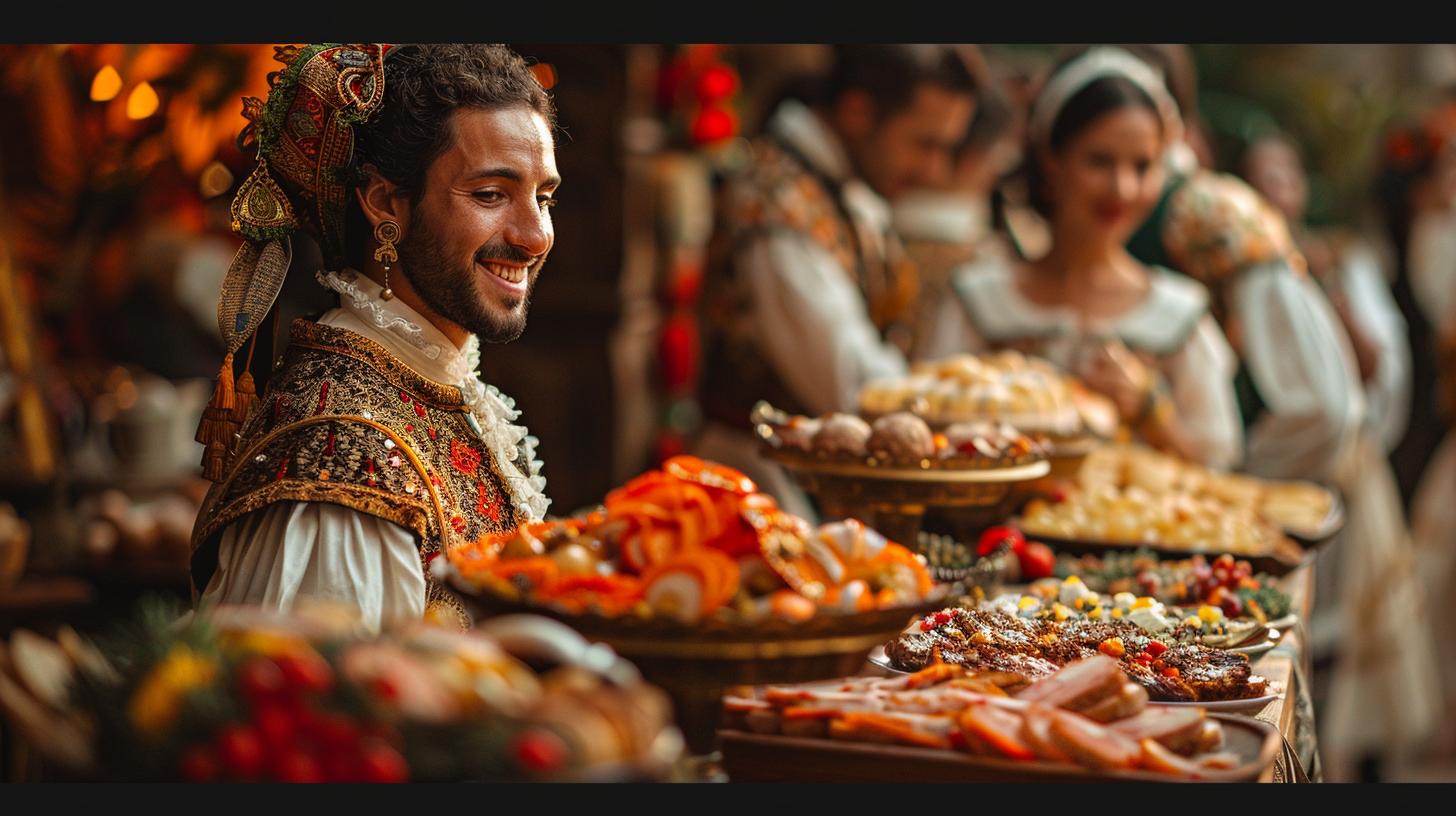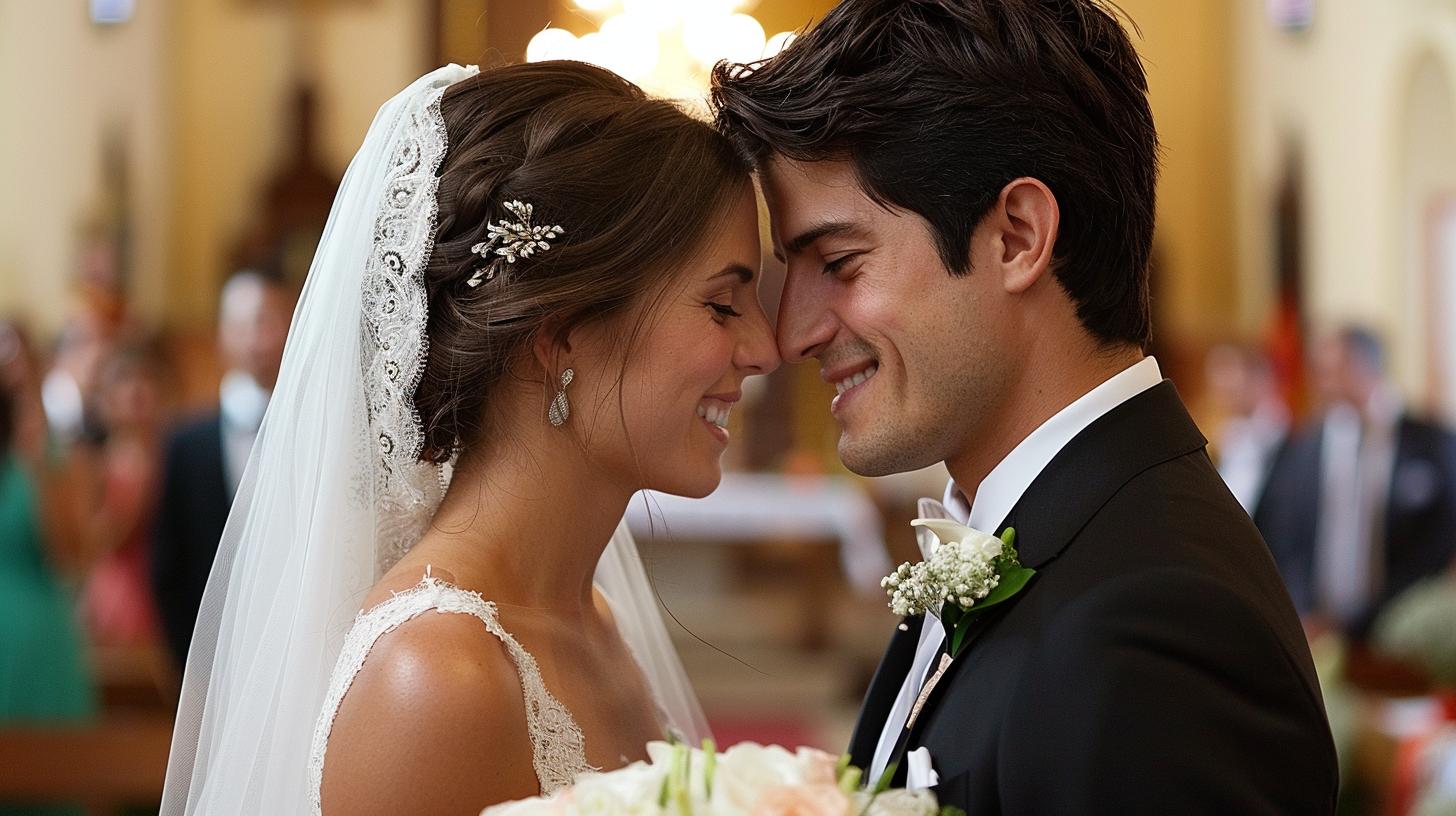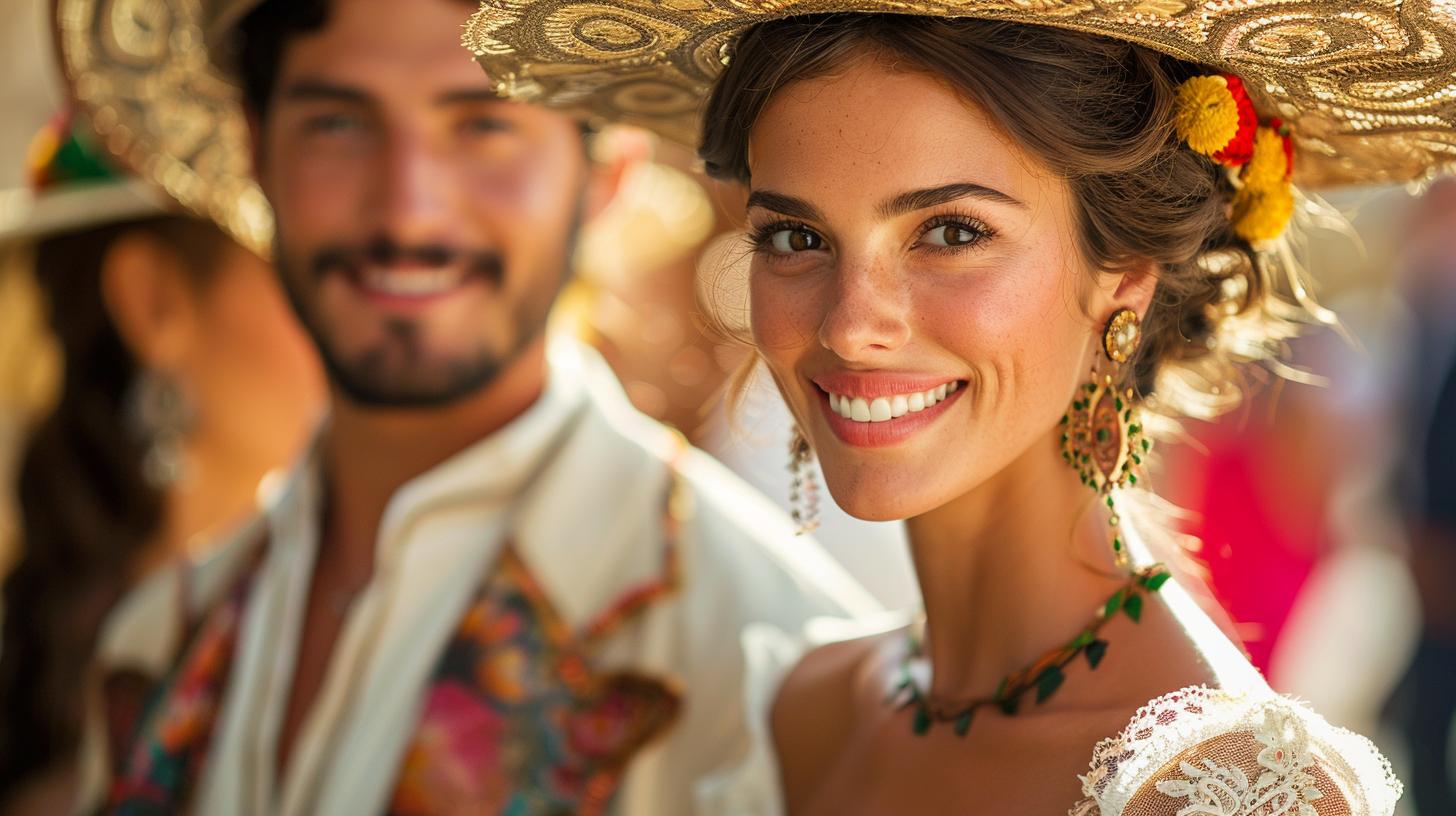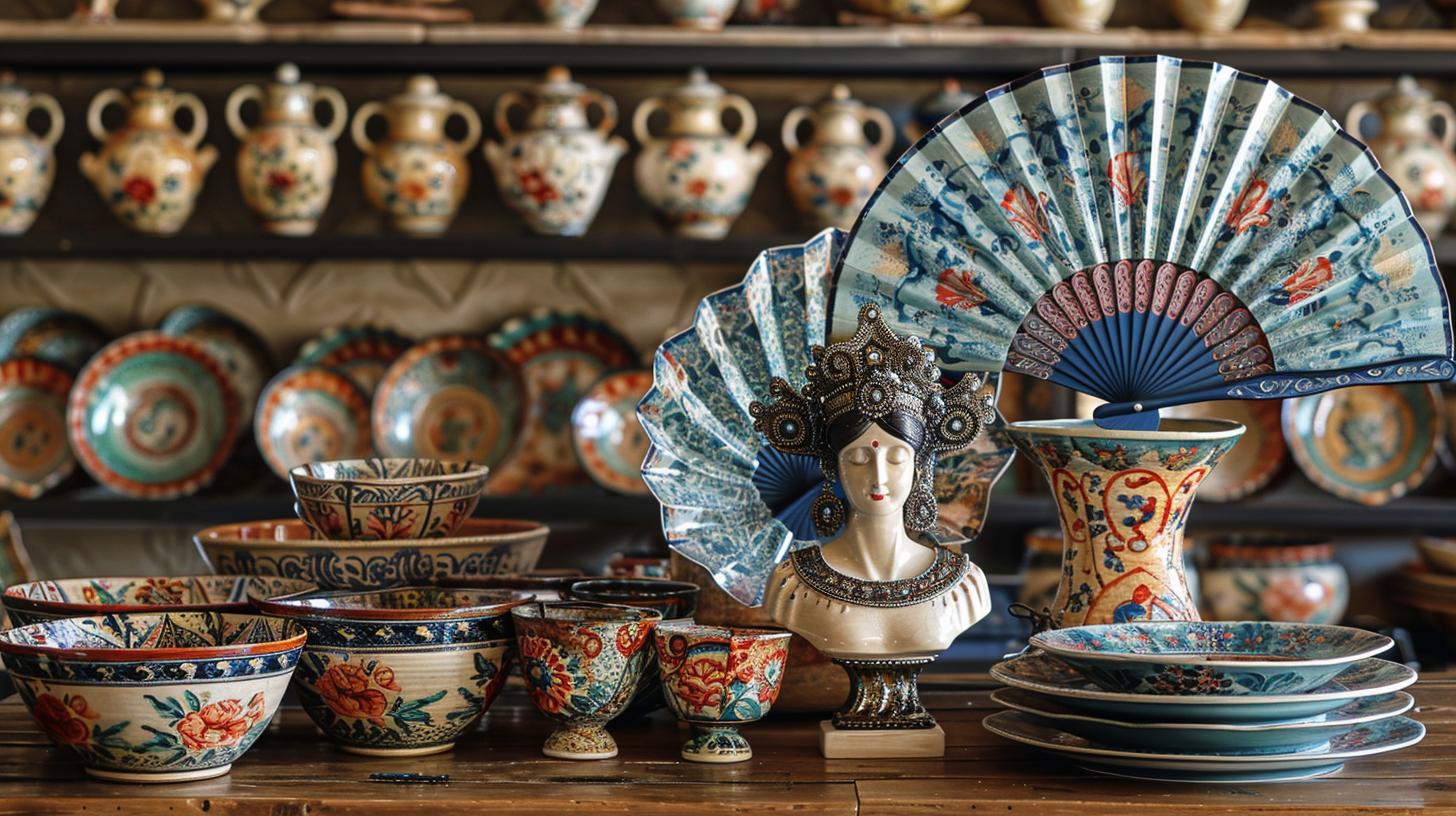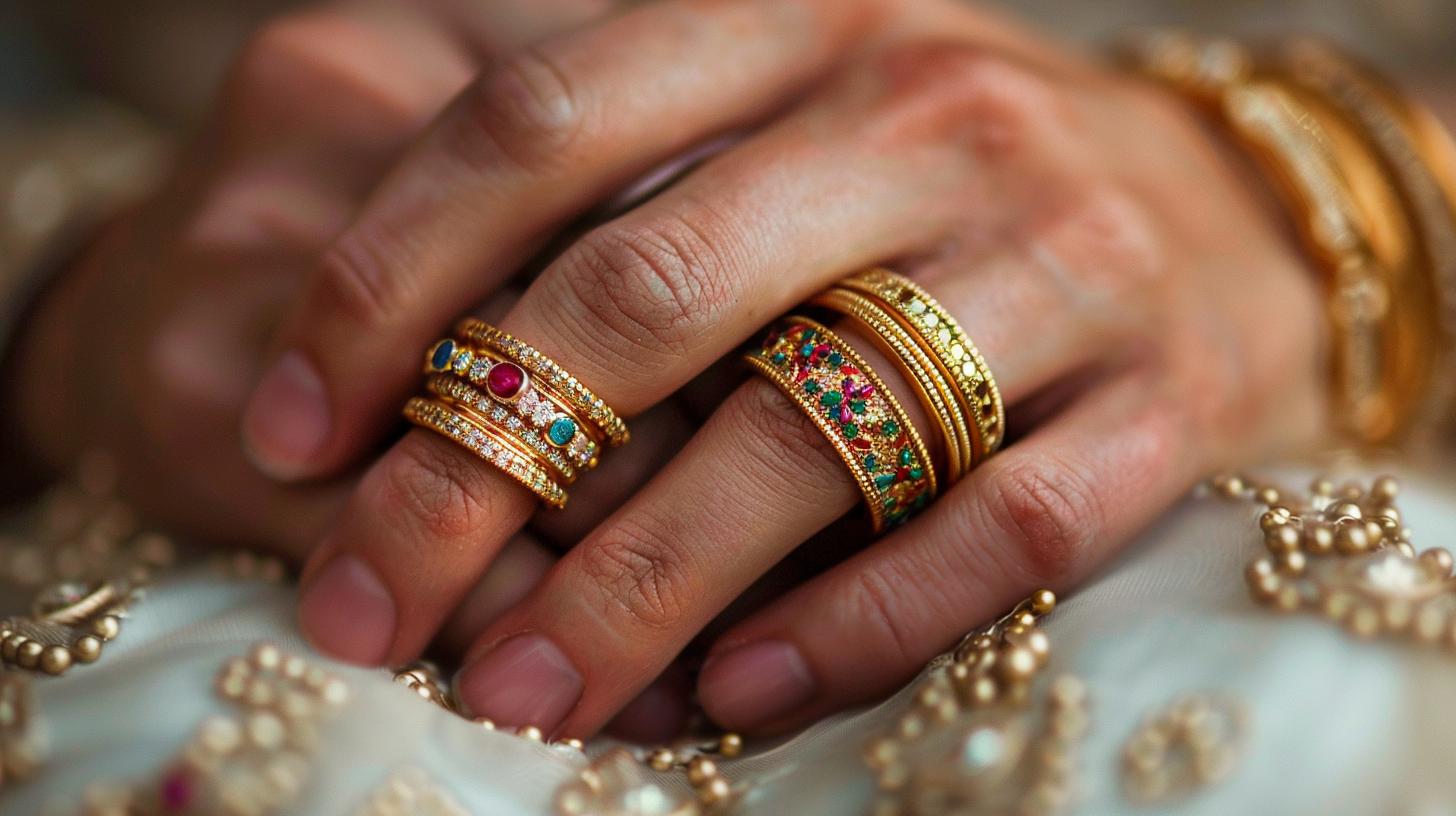Who Pays For The Wedding In Spain: Traditional Wedding Expenses in Spain Explained
Traditional weddings in Spain come with specific customs regarding who covers the expenses. Families of the bride and groom have set responsibilities for different aspects of the event. From traditional family obligations to individual financial roles, understanding wedding expenses in Spain is essential for a successful celebration.
Wedding gifts and contributions also play a significant role in supporting the couple as they begin their new journey together.
Traditional Wedding Expenses in Spain
When it comes to weddings in Spain, there are specific customs and traditions dictating who covers the costs. Families of the bride and groom play key roles in financing different aspects of the event.
Family Responsibilities for Wedding Costs
- The family of the bride traditionally shoulders expenses such as the engagement party, wedding dress, photography, stationery, ceremony and reception, flowers, transportation, and accommodation for bridesmaids, among others.
- On the other hand, the groom’s family typically covers the expenses related to the bachelor party, bridal bouquet, music, and drinks for the reception, marriage license, and officiant’s fee.
Individual Responsibilities for the Bride and Groom
- The bride is expected to pay for gifts for bridesmaids, hair and makeup, and the groom’s wedding ring.
- The groom, on the other hand, is responsible for gifts for groomsmen and the bride, engagement ring, and contributing to the honeymoon costs.
Wedding Gifts and Contributions
Guests attending a Spanish wedding commonly provide gifts ranging from 100 to 150 euros per person, contributing to covering the overall wedding expenses and supporting the newlyweds as they start their married life.
Wedding Planning and Customs in Spain
Cultural Traditions Surrounding Wedding Expenses
In Spain, cultural traditions play a significant role in wedding planning and expenses. Families of the bride and groom uphold customs that dictate who covers specific costs related to the ceremony and reception.
These traditions reflect the importance of family and community in Spanish weddings.
Personalization and Modern Adaptations
While traditional customs are respected, many modern couples in Spain choose to personalize their weddings. This may involve incorporating unique elements, themes, or venues that reflect the couple’s personalities and preferences.
Modern adaptations allow couples to create a wedding experience that is meaningful to them.
Etiquette for Guests and Gift Giving
Guest etiquette in Spanish weddings includes following traditions such as offering a monetary gift to help cover wedding expenses. It is customary for guests to contribute between 100 and 150 euros per person to support the newlyweds.
Average Cost of a Wedding in Spain
- Weddings in Spain can vary in cost, with factors such as venue, guest count, and amenities influencing the overall expenses.
- The average cost of a wedding in Spain typically ranges from €15,000 to €25,000, depending on the region and specific preferences of the couple.
Budgeting Tips and Considerations
Creating a detailed budget is imperative to stay on track and avoid overspending during wedding planning.
Consider the following tips and considerations:
- Allocate funds for essential elements such as venue, catering, and decor, while also setting aside a contingency budget for unexpected expenses.
- Research vendors and services to compare prices and quality, helping you make informed decisions within your budget constraints.
- Track expenses diligently using budgeting tools or spreadsheets to monitor spending and adjust allocations as needed.
Importance of Financial Planning for Weddings
Financial planning is not only about managing expenses but also about setting the foundation for a strong financial future as a couple.
By prioritizing financial stability and responsible budgeting, newlyweds can start their marriage on solid ground, laying the groundwork for a lifetime of shared prosperity and success.
…


